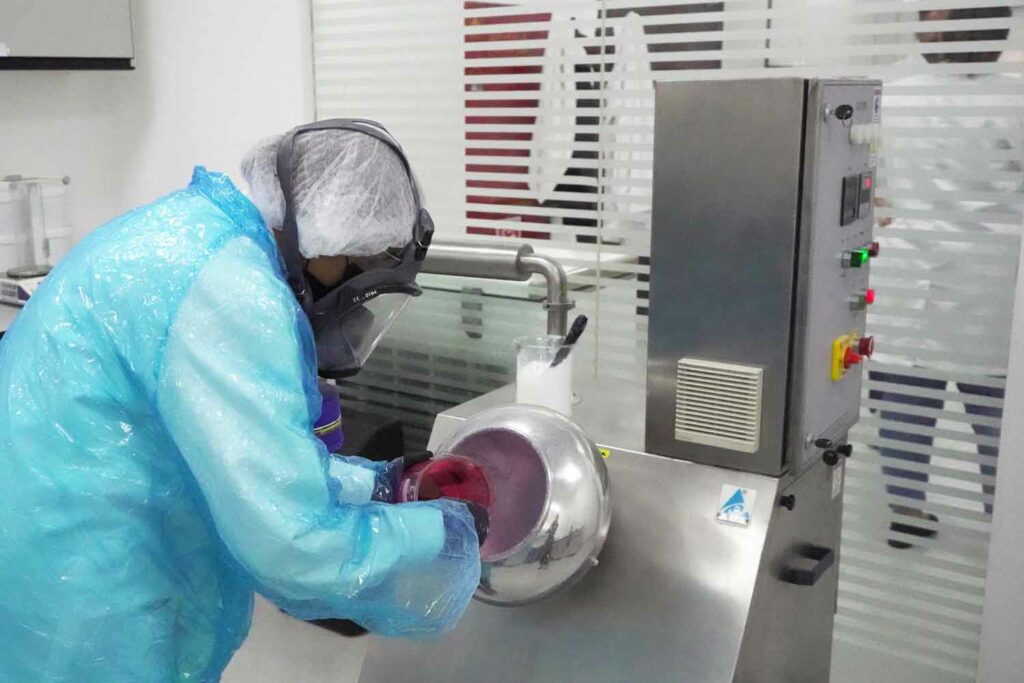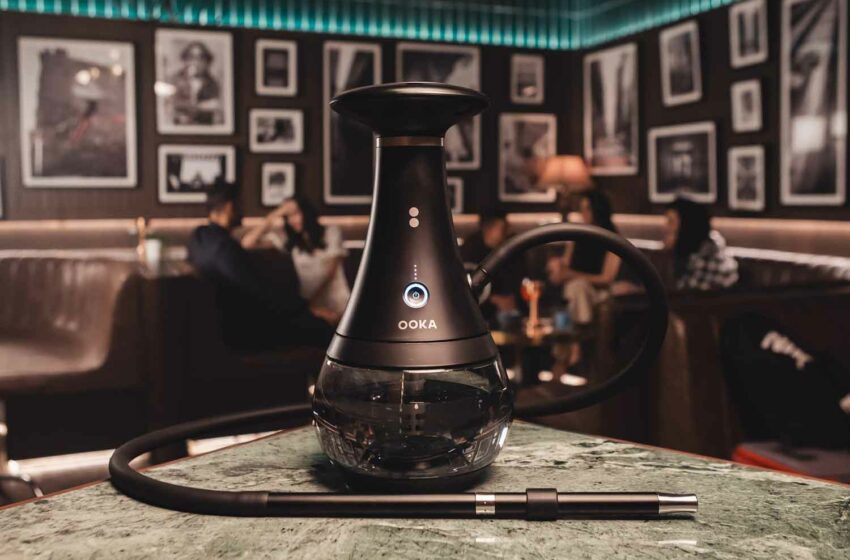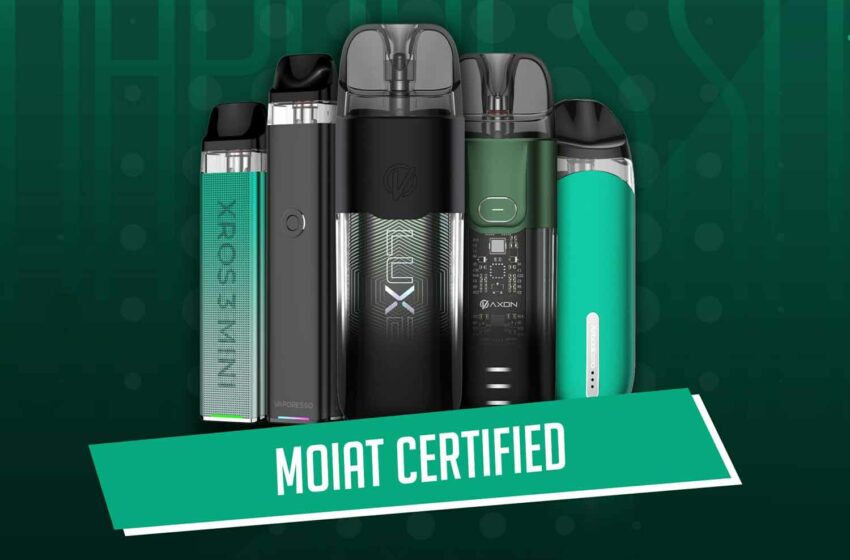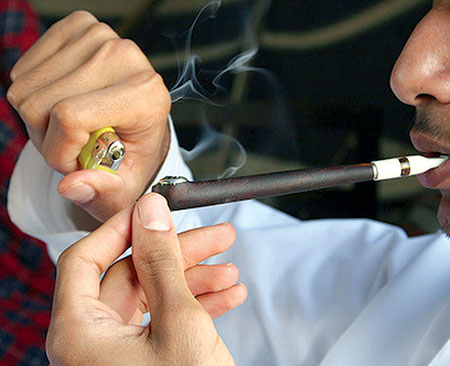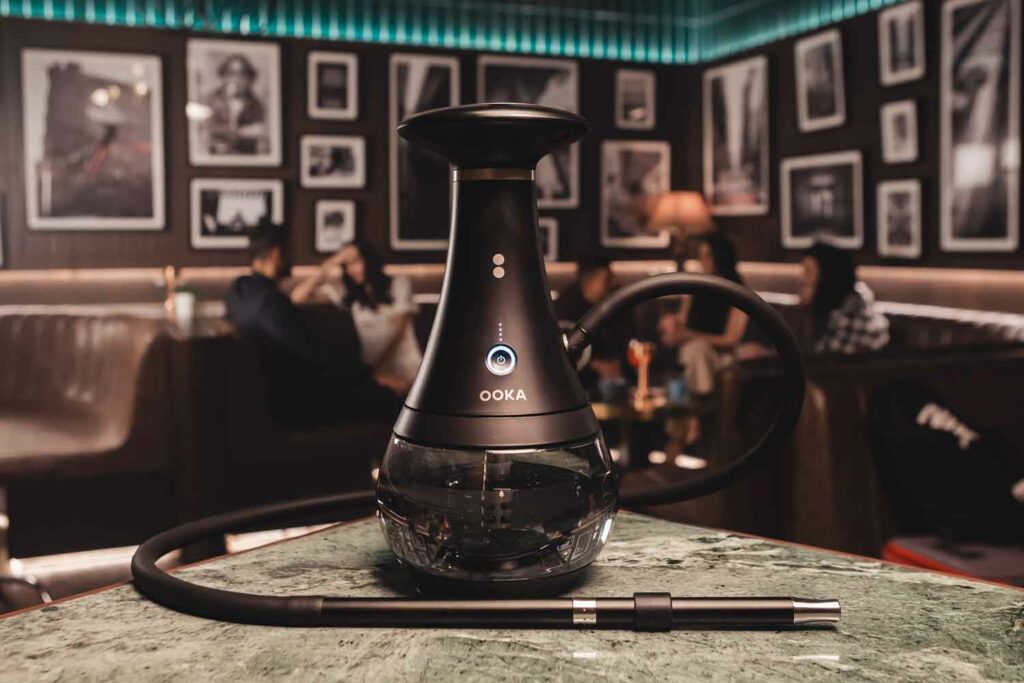
Advanced Inhalation Rituals (AIR Global) has launched a new research, design and development (RDD) lab in Dubai.
Backed by an AED100 million ($27.23 million) investment, the facility will be used to develop and hire tech talent, drive innovation in the shisha industry and speed up the development of new products.
The global hub will develop new inhalation products that build on the success of OOKA, a charcoal-free, pod-based shisha device, which, according to AIR Global, provides a cleaner alternative.
OOKA currently delivers approximately 30 percent of AIR Global’s revenue in the United Arab Emirates region.
The lab will boast newly designed laboratories and deliver purpose-built workshops; new products are in early phases of testing and intended for launch in 2025.
“I have always drawn personal inspiration in my career from the power of technology—to create entirely new industries, disrupt existing sectors and develop products that no one else has thought of,” said AIR Global Chief Product Officer Paul Dawson.
“And it’s this exact mindset and ethos that we will achieve through the RDD Lab. With an aspirational team from around the world and cutting-edge technology at our fingertips, we’ll be creating new prototypes and combining them with our existing range of products to fundamentally change how people experience shisha. It’s an exciting time to be part of such a talented team that will drive forward innovation.”
The RDD Lab will employ 26 people and 19 different nationalities, with equal numbers of men and women in its workforce.
“The business is embarking on the next phase in its growth journey at an incredibly exciting time, where consumers are showing appetite for more eco-conscious, reduced-risk shisha experiences. The RDD lab will not only create new products that put sustainability, science and technology at the forefront but enable us to break ground into new global regions,” said Chief Legal and Corporate Officer Ronan Barry.
“The recent launch of OOKA in Germany, a significant shisha market, was a milestone moment for us as we aspire to bring new inhalation experiences to a European market. The launch of this lab gives us even more momentum to build on as we expand our product range and presence globally.”
